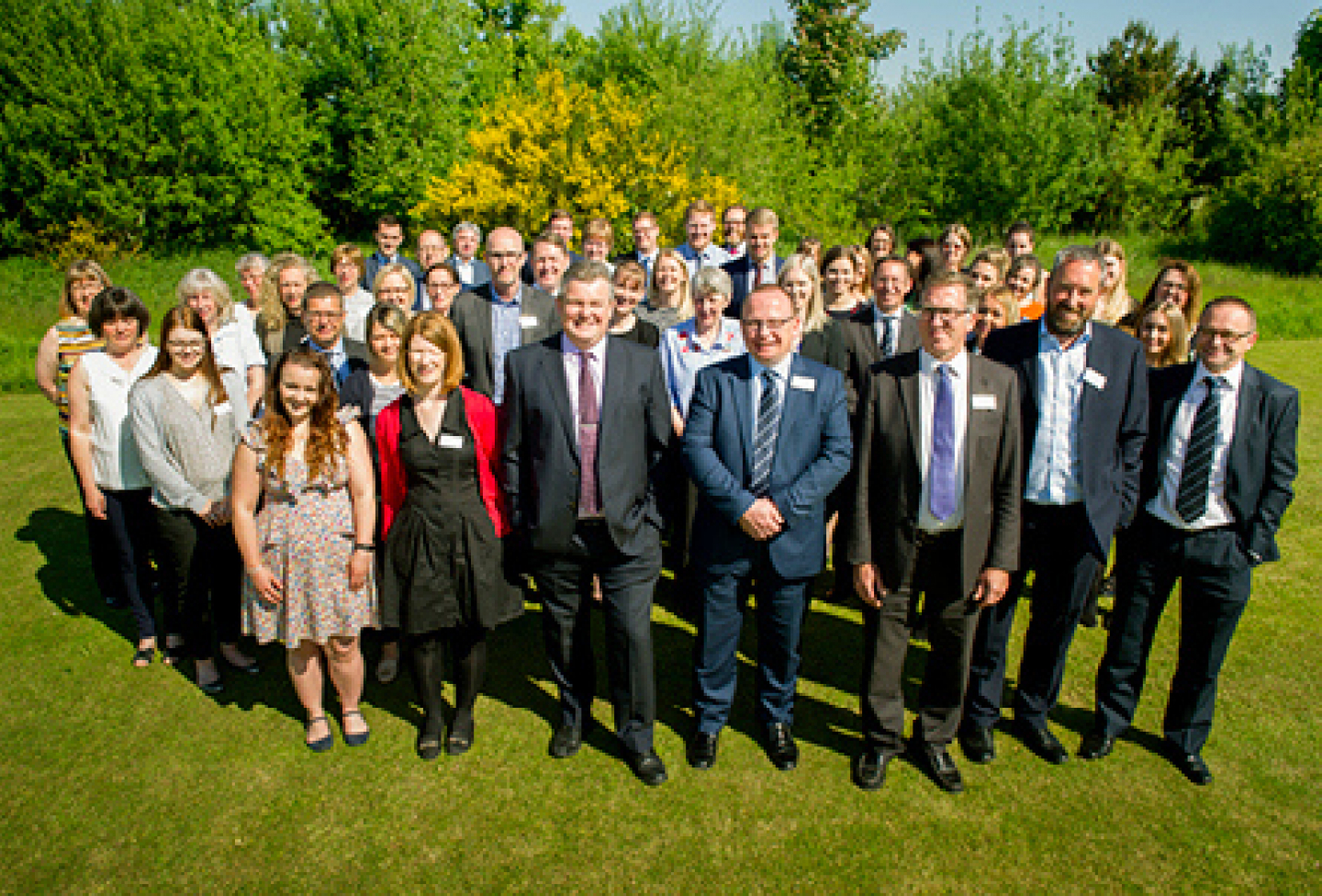By Admin
A desire to provide high value advice, and set their practice apart from competitors, is what is driving the uptake of technology with agri clients at UK firm, Armstrong Watson.
With a client base that includes around 2000 farmers across Southern Scotland and Northern England, agriculture is the largest industry sector represented on Armstrong Watson’s books. Andrew Robinson is a Partner in the firm’s agri accounting team, and with a background in farming and strong connections to the land himself, he has particular insight into the actual issues affecting farmers in their businesses.
At a time of unprecedented change and uncertainty in the sector, Andrew and his colleagues have recognised that what their clients really need is advice around putting a plan together for the future, and the support to help them achieve it.
“In the UK we’ve got Brexit, making tax digital, there are changes in subsidies which are going to have a major impact on finances and cashflow, as well as changing attitudes towards meat and the environmental impact of farming. It’s set to be one of the greatest times of uncertainty for agriculture in the UK, so clients are wondering how they can best prepare themselves, longer term”, Andrew says.
Impending industry changes have also already encouraged savvy farmers to turn to technology. What these farmers are looking for now, is support in using the data that software provides to actually help drive their business forward.
“As a practice, this means we’re faced with a challenge. There are systems that are taking care of manual data input and making compliance more efficient for clients. Whether we like it or not, these systems will do more of the processing of this side of accounting, so if we want to survive, we know we need to shift our focus to providing more proactive advice.
“Clients are now asking themselves - why should they pay an accountant to do data input when they have systems that are cheaper and more up to date? It’s over to us now to willingly accept new technology to make our job more efficient, and lead the way in the industry by delivering business advice in order to differentiate ourselves from the competition.”
For an industry where the demand for high quality employees is high, this approach also makes sense for practices feeling the pinch on resources. “If we have technology taking care of data and generating reports, then our qualified senior staff can instead be out supporting partners - providing advice around succession planning, budgets, and ‘what if’ scenarios. With the changes coming to the market, the demand for this will be high”, explains Andrew.
For it to work, Armstrong Watson know it means ensuring their team have the skills to have quality, robust conversations based on the data they’re able to access. “To make it worthwhile to our clients, the important bit is giving staff the knowledge and support to be able to really interrogate the figures that they get out of systems like Figured, pulling out the relevant bits so that they can start important conversations and then create tangible solutions for our clients’ businesses.''
For any practice, the biggest challenge will be how people respond to change. Therefore Andrew says that communicating internally to staff about Armstrong Watson’s vision has been important.
“You have to have the team onboard. For us this has been about communicating that leveraging technology is going to be the thing that sets us apart in the industry. That we’re not just here to do accounts for the tax man, that we’re doing something to really drive the agricultural industry forward - and in fact, we need to be the ones leading it.
“When our staff can understand the benefits they’ll bring to their clients because of this technology, then it’s not about just flogging software for more fees. Conversations are about really building relationships with clients, understanding what they want out of their business, and understanding what we can do to help them achieve that with the help of technology.”

